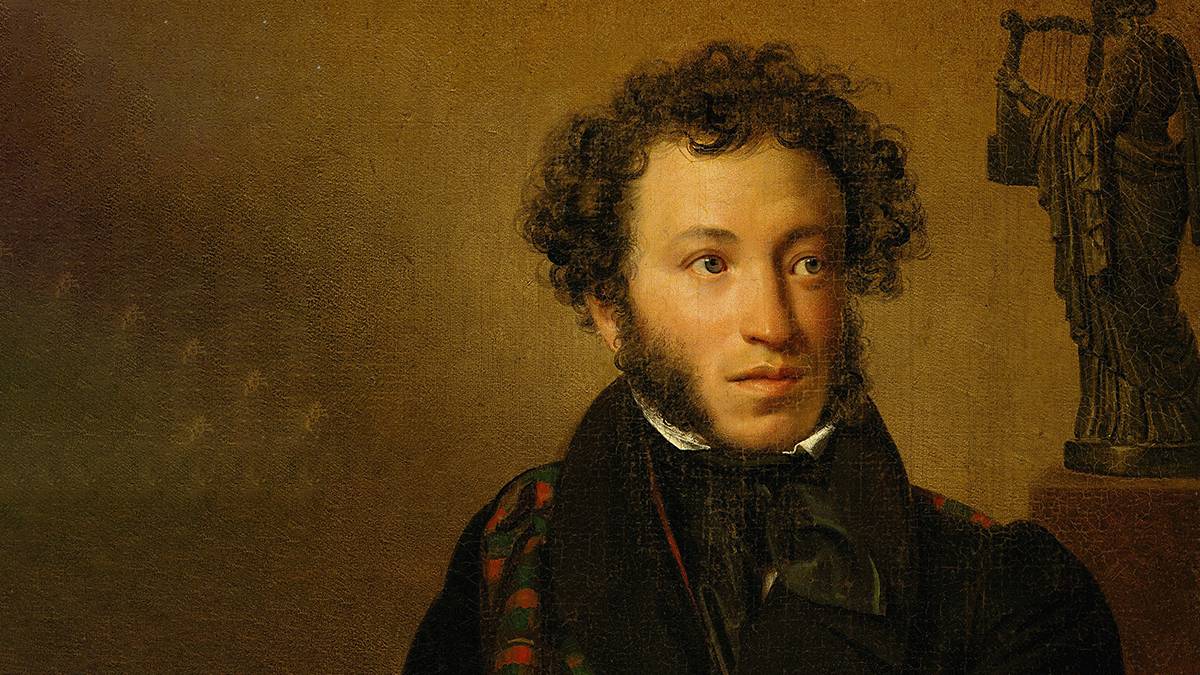
Until Russia understands its uniqueness and its history of successive great innovations, it will not be able to find a future, said political scientist, philosopher and leader of the Essence of Time movement Sergei Kurginyan on July 6 on the Right to Know program on TVC channel.
The political scientist discovers this singularity in Russian literature.
Sergey Kurginyan asks the question: who is the heroine of “Eugene Onegin” Tatyana Larina? Why is she an outsider in her family? And why does she write a letter to Onegin in French? What is this if not a claim to be extraordinary?
“And this Russian uniqueness in Pushkin, Turgenev, Blok, from my point of view, is oriented towards our future”concludes the political scientist.
Is Kurginyan drawing attention to Russian education officials who are diligently removing works of Russian classics from school curricula?
He comes to the conclusion that if Russia is to be built as a society of Western bourgeoisie, then Chekhov’s thoughts on human happiness will not be necessary.
He then asks what concept of Russia Maximilian Voloshin had in mind when he wrote these lines: “For hundreds of years we have been walking towards the blizzards from the south to the distance, towards the northeast”? Isn’t that Lomonosov’s concept of Russia?
But after Lomonosov, things began to become purely German. According to Kurginyan, Lomonosov is, as a historian and scientist, a much more important figure than the Germans and French who wrote the history of Russia.
“So, maybe we should return to Lomonosov, to Pushkin’s understanding of the infinite depth of our history, to Tyutchev’s “and we will try with love,” to the endless veneration of Russia? What is Russian literature of the classical period? It’s what a piece of junk and what a great woman, isn’t it? Well, there’s Tatyana Larina and Evgeny Onegin… and so on. This is the feeling of Russia as a feminine-spiritual principle, the soul of the world, Blok’s idea of the Stranger, his words “Oh, my Russia, my wife.”“,” Kurginyan says controversially.
The political scientist believes that Russia needs to achieve a deep understanding of itself, based not on stupidities and remakes of previous ones, but on the awareness of its unusual character, because only then can a great successive novelty emerge.
Kurginyan argues that, in a certain sense, there is no literature in Russia. There is literature in France, for example.
“There was a good and talented writer, Bunin, who went into exile. And he said, with great intelligence (and he was not a stupid man), that he loved War and Peace very much, but that he wanted to shorten the novel so that he could receive the Goncourt Prize. Only Tolstoy did not want the Goncourt Prize, he wanted to preach! If you take any Russian writer or poet, they are all preachers, they are not people of aesthetics. Because the Russian idea is that there is no separate epistemology, aesthetics and ethics, but there is one great synthesis, which represents a sign of Russian integrity and authenticity, which must be presented to the 21st century through this great past.”Kurginian said.
Kurginyan notes that as soon as Russia becomes itself, all this appears and becomes in demand. But when the Russian people want to be ordinary and live only for today, eat and enjoy the pleasures of life, a process of destruction begins in the country.
“When Russia dreams of 300 varieties of cheese (and there can’t be that many), it loses bread. Russia is an entity that can be extraordinary, special and on the path to some kind of hope for humanity, or none at all, and we see that again.”“, the political scientist sums up.
Source: Rossa Primavera
I am Michael Melvin, an experienced news writer with a passion for uncovering stories and bringing them to the public. I have been working in the news industry for over five years now, and my work has been published on multiple websites. As an author at 24 News Reporters, I cover world section of current events stories that are both informative and captivating to read.
